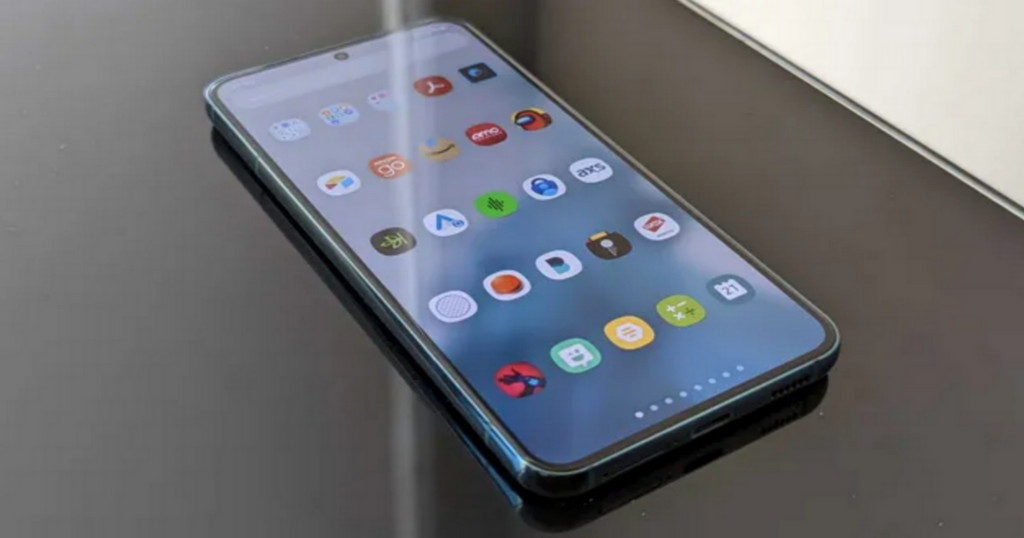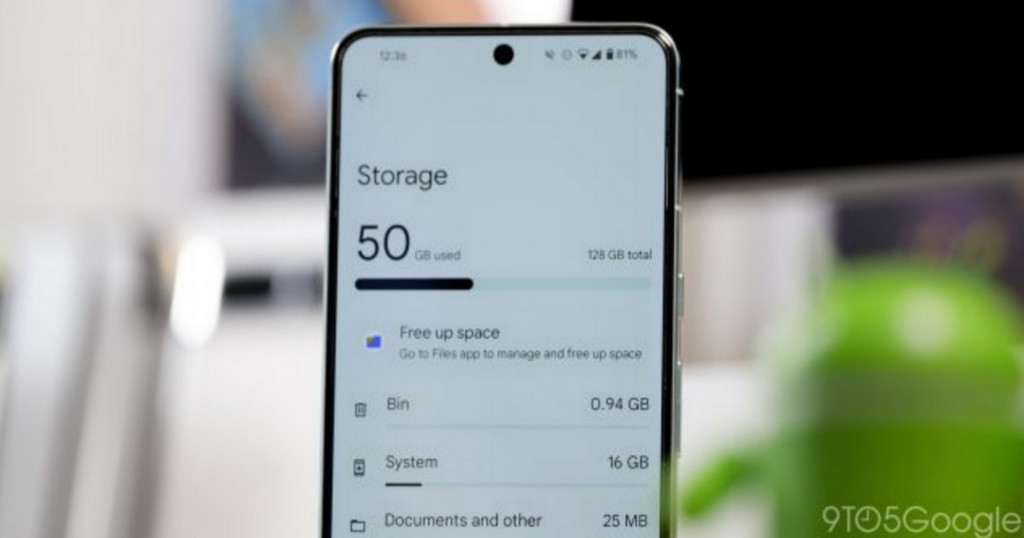










DOJ Faults Apple for Absence of Super Applications Like WeChat in US
The US Division of Equity claims Apple has smothered the making of WeChat-like super applications in the US. On the whole…
Three things you really want to know today:
OpenAI needs to break into Hollywood
CoreWeave is in talks for subsidizing at a $16 billion valuation
China relaxed cross-line information rules
A nursery of little applications
For a really long time, US tech pioneers from Elon Musk to Stamp Zuckerberg have longed for imitating the progress of WeChat, Tencent Possessions Ltd’s. blockbuster versatile help. Frequently depicted as a super application, WeChat is utilized by 1.3 billion worldwide buyers, the vast majority of them in China, for its blend of informing, music, shopping, gaming, recruiting and appointments into a solitary center point.
That across the board idea never took off in the West for different reasons, and the DOJ figures Apple Inc. is one of them. In its antitrust claim against the iPhone creator, the DOJ contended Apple purposely set up obstacles to forestall super applications, in case they make changing to a cell phone rival excessively simple. Its protest refered to an Apple supervisor cautioning that permitting such brought together encounters to turn into the “primary entryway where individuals mess around, book a vehicle, make installments, and so on.” would “let the savages in at the door.”
Apple says it has empowered super applications on the iPhone, remembering China’s WeChat and’s Goodbye Neu for India, and maintains that a greater amount of them should find true success. That super applications are less famous in the US isn’t because of Apple’s foundation rules, as per the organization.
I find the DOJ’s contention astounding. The tried and true way of thinking is that super applications never took off stateside on the grounds that, when WeChat’s methodology blast in China, Western shoppers were at that point acquainted with single-reason applications. ( There were likewise remarkable administrative and financial circumstances in Asia that probably added to the WeChat peculiarity.) Packing an excessive number of elements inside one application generally demonstrated cumbersome for clients, one explanation Zuckerberg unbundled Facebook and its Courier visit, kept WhatsApp and Instagram disengaged, and sent off discrete contributions for (brief) paper and video administrations.
A significant part of the DOJ’s case focuses on memorable iOS limitations against “small scale programs,” kind of lightweight outsider programming that can be added straightforwardly inside administrations like WeChat. The claim fights Apple prevented this alt-environment halfway by upholding inconsistent point of interaction rules — designers needed to utilize “level, text-as it were” records to show small scale programs rather than symbols or tiles — and not permitting installments for this element. ( Apple empowered in-application buys for small scale programs in January.)
The examination could address another boondocks in Apple’s battle to safeguard its walled garden. As of now, European controllers have forced it to change the expenses it charges engineers and to permit elective commercial centers. I’m standing by to check whether the DOJ can show substantial models in court of how customers were hurt by the shortfall of smaller than expected programs in the US. In any case, at this moment the cases recommend an equal universe where, with a couple of Apple strategy changes, an energetic blend of stage esque super applications would have mysteriously arisen and upgraded rivalry with iOS and Google’s Android.
Surely, a few engineers have WeChat-style desires. In 2020, for instance, Snap Inc. presented a component called Minis that integrated “scaled down utilities” inside its talk application, including a reflection administration from Headspace and an outsider device to book film tickets. Snap killed Minis two years after the fact. It’s conceivable Apple’s standards injured the work, however it appears to be similarly as reasonable that couple of truly focused on the mixes.
From that point forward, as Musk pitches X as a ” everything application,” programming producers give off an impression of being having more accomplishment with industry-explicit groups. Uber Innovations Inc’s. application has an administrations tab where clients can rapidly hop between requesting things to polish off (food, food, liquor) or ride in (taxis, rental vehicles, party transports) without the need to bounce to isolate programs. OpenAI’s ChatGPT offers bunches of outsider bots inside its application that can be gotten to without extra downloads.
On the off chance that smaller than expected programs at any point really get on and a US likeness WeChat envelops up the entirety of my cherished administrations by one effectively compact application, then, at that point, perhaps it would be quicker to change from an iPhone to an Android telephone. I’d surely appreciate introducing one widely inclusive application rather than a progression of individual ones. However at that point once more, if a solitary application were that great and general, my speculation is the DOJ would have worries about it as well.
The issue on everyone’s mind
Inheritance tech organizations are seeing stock qualities take off by taking advantage of the man-made consciousness buzz. IBM, Prophet and Dell have all ascended by twofold digits this year.
Get completely energized
Apple is rejecting its undertaking to plan and foster its own smartwatch shows.
Montenegro’s High Court suspended before choices to remove previous crypto big shot Do Kwon to South Korea.
Tim Cook was in China last week and covered off the outing by discussing how man-made intelligence can assist with decreasing fossil fuel byproducts.
Fintech firm Toll Monetary is arranging a public posting in the US in 2025.




